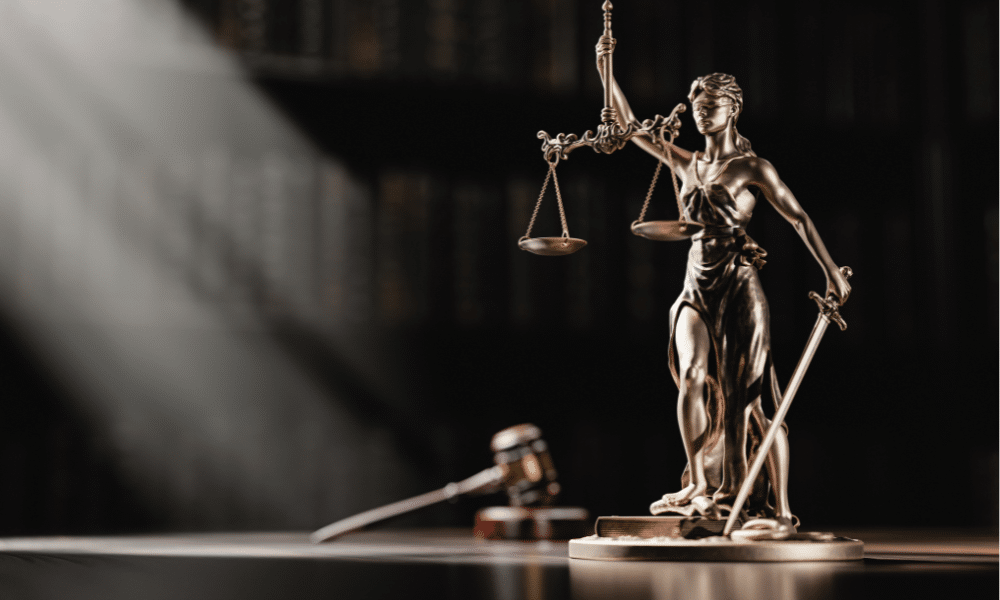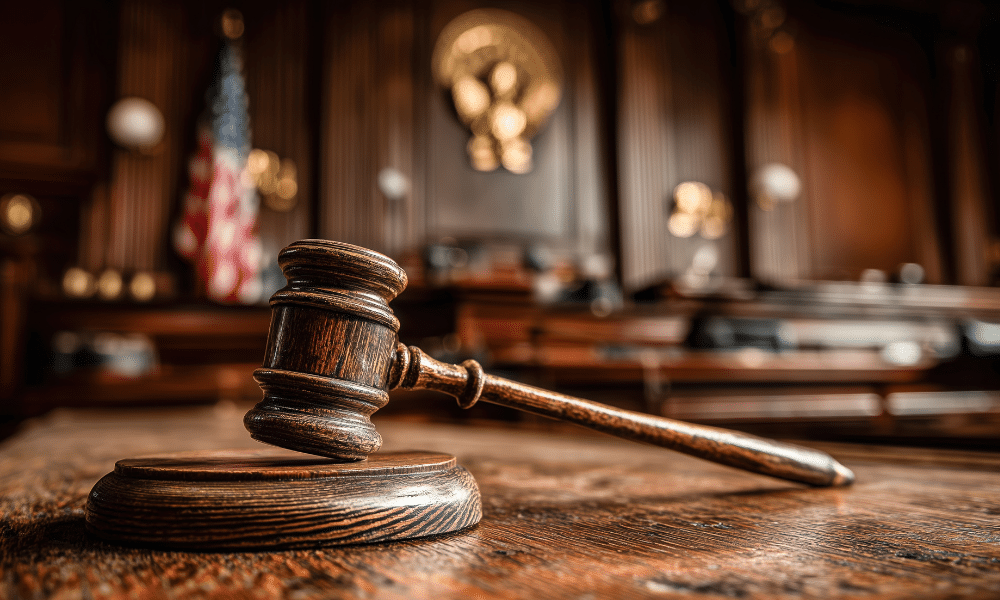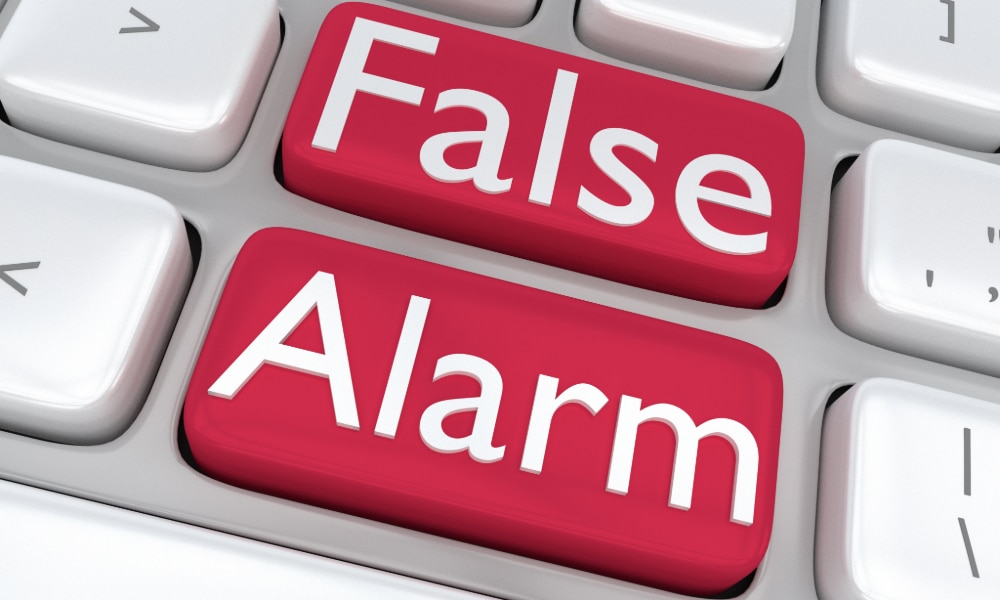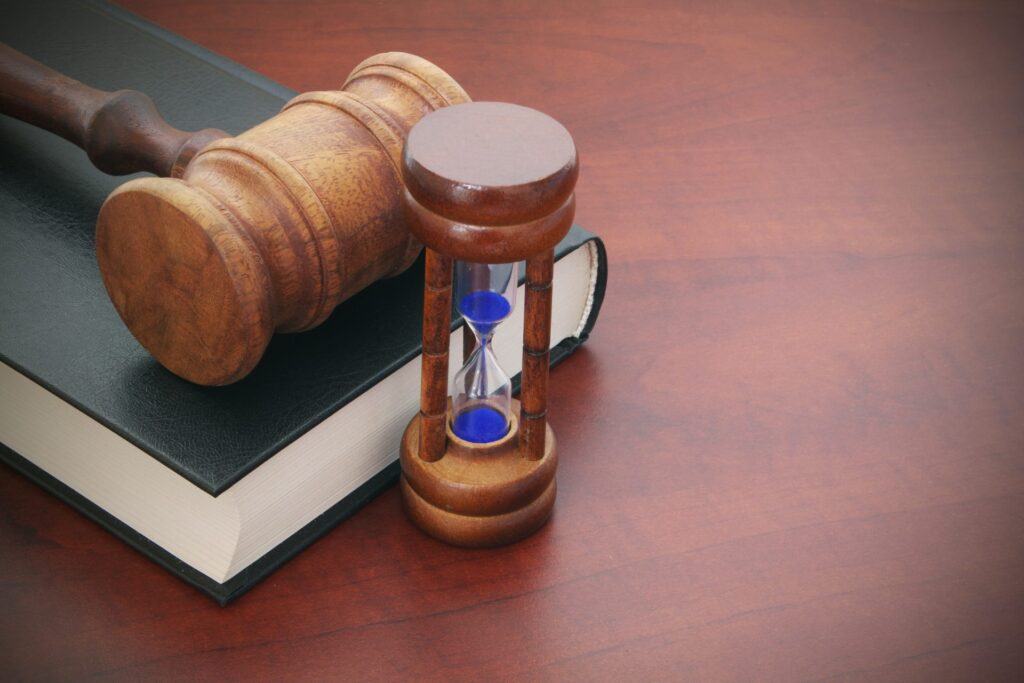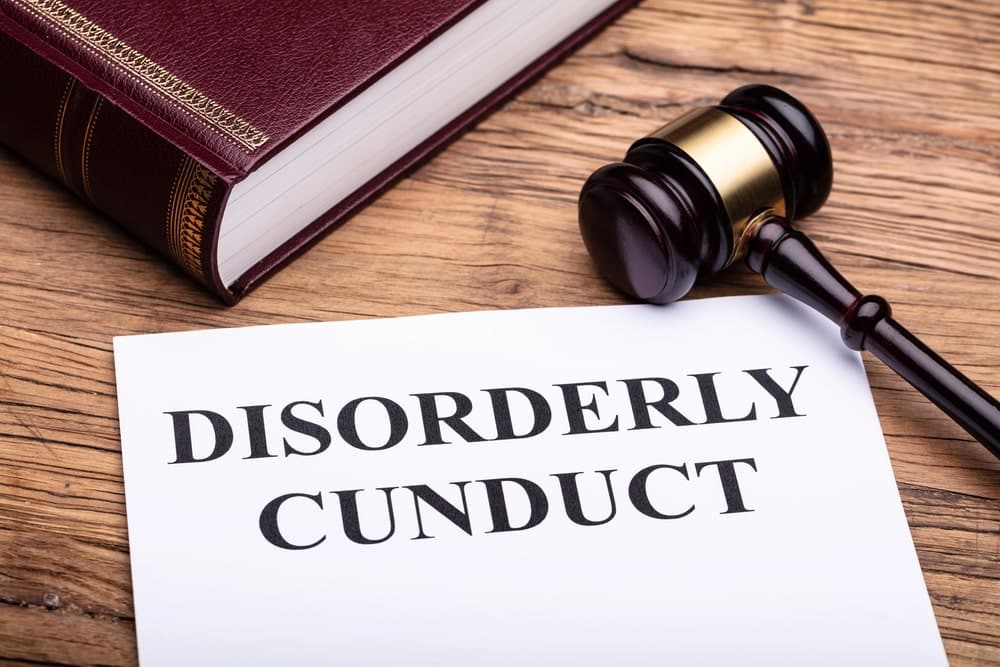Updated: September 22, 2025
Many people consider theft to be stealing an item from another person; however, an individual could also be charged with a theft crime if they use the property of another without their consent.
Being charged with any type of theft can have severe impact upon a person’s freedoms and future, so it is imperative that you retain powerful legal counsel to challenge the allegations if you have been arrested for this crime.
When is Unauthorized Use of Property Considered Theft in Maine
Under Maine’s criminal code 17-A §360, the unauthorized use of someone else’s property is theft, and a person is guilty if they:
- Knew they did not have the owner’s consent but still took, operated, or exercised control of a vehicle, or if they knew that a vehicle was unlawfully obtained, but still rode in it. (Class D offense)
- Committed the offense listed above and has a record of 2 or more convictions of specific theft crimes (Class C offense)
- Had custody of a vehicle with the permission of the owner in agreement to perform a service, such as maintenance, repair, or for a specific use, but then operated the vehicle for their own purposes without the owner’s consent in a way that grossly violated the agreement. (Class D)
- Committed the above offense with 2 or more prior convictions of specific theft crimes (Class C offense)
- Had custody of property as a rental or lease in agreement with the owner or had custody under a borrower’s agreement with a library or museum, and knowingly failed to return the property for a lengthy amount of time that grossly violated the specified return period of the agreement, and against the owner’s consent. (Class D offense)
- Committed the above crime with a criminal record of at least 2 prior convictions of specific theft crimes (Class C offense)
What are the Penalties for Unauthorized Use of Property if Convicted?
Maine prosecutes theft crimes very strictly, and though the state no longer categorizes criminal offenses as misdemeanor or felony, they do charge violations of the law under certain classes. An offense of unauthorized use of property will be charged according to the circumstances of the crime and the offender’s criminal record.
Most theft crimes of this nature are charged as either Class D or Class C offenses.
Class D: A crime punishable by a fine of as much as $2000 and incarceration of up to 364 days.
Class C: A crime punishable by a fine of as much as $5000 and incarceration of up to 5 years.
“Thank you for all your help concerning my case. As a veteran returning from overseas service, your willingness to assist me in a time of need and when I wasn’t in a position to pay for an attorney is greatly appreciated. You helped secure my visitation with my children and my future and I can continue on with life knowing that I have a clean record.”
Call 207-571-8146 or contact us online to schedule a consult with one of our highly skilled OUI/DUI & criminal defense attorneys, serving Maine, today.
Related Articles
After an arrest and criminal charge in Maine, a defendant’s first court appearance may be to apply for bail at the arraignment and bail hearing. The process of securing a[...] If you are charged with a crime in Maine, going to trial is just one of the possible outcomes. In fact, around 90 percent of criminal cases in Maine are[...] Defendants in criminal cases typically have four options for resolving their case if the charges are not dismissed: Plea negotiation, where the defendant agrees to plead guilty (or no contest)[...] Many people are unaware that it is a criminal offense in Maine to make a false report of an emergency that causes public alarm. Even those who are aware of[...] A criminal conviction usually appears on criminal records for life in Maine, potentially impacting the individual’s employment, education, travel, housing, immigration status, and more. However, certain low-level misdemeanor convictions can[...] The legal term for sentencing a convicted criminal is not required to serve is called a suspended sentence. A suspended sentence is handed down during the sentencing portion following a[...] If you receive a traffic ticket in Maine, you may be facing far more than demerit points or an administrative penalty. You could be facing criminal sanctions and a permanent[...] In Maine, disorderly conduct laws effectively make disturbing the peace a criminal offense. While disorderly conduct is considered one of the least serious offenses under Maine’s Criminal Statutes, it can[...] Any criminal charge for a drug-related offense is a serious matter in Maine,but how consequential the outcomes can get may depend on whether the charge is filed at the state[...] 
